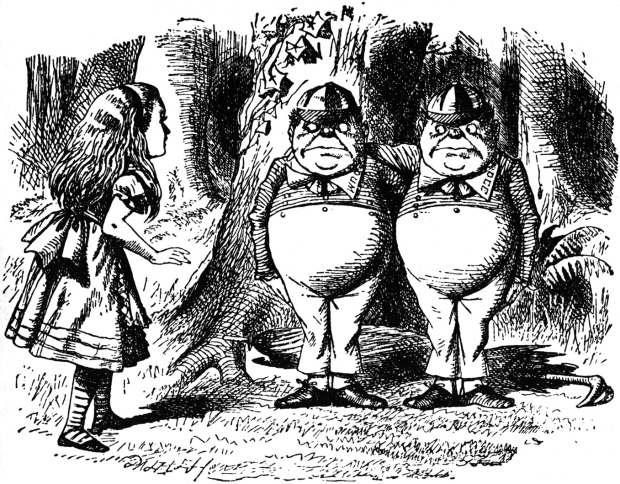More than 16 chief executives rattled their bonuses at European Commission and demanded that the wealth that such companies generate be immediately redistributed to them.
To be fair they want the Commission to launch a consultation into whether technology companies such as Google, Facebook, Netflix and Microsoft should be made to pay some of the soaring costs for the huge amount of global internet traffic they carry on their telecoms networks.
They argue that more than half of global internet traffic takes place through six Silicon Valley companies – Google, Facebook, Netflix, Apple, Amazon and Microsoft.
ETNO, a lobby group for European telecoms operators, said the proportion rises to as much as 80 per cent when gaming giants such as the Call of Duty maker, Activision Blizzard, are included.
Much of the growth in data usage is driven by the streaming of shows such as the Netflix hit Bridgerton and Amazon’s The Lord of the Rings: The Rings of Power, which is based on the works of JRR Tolkien.
In a joint statement ETNO said: “We believe that the largest traffic generators should make a fair contribution to the sizeable costs they currently impose on European networks. A fair contribution would send a clear financial signal for streamers in relation to the data growth associated with their use of scarce network resources.”
They claim that European telecoms companies spend €50 billion annually on building and maintaining full-fibre broadband and 5G networks.
The energy crisis and soaring costs of materials – fibre optic cable has doubled in price this year – is adding to the financial burden.
The comments ignore the fact these companies often have spent a fortune in infrastructure too. Google has 20 subsea cables globally, including five in Europe, and caches to store digital content locally in 20 locations in Europe.




